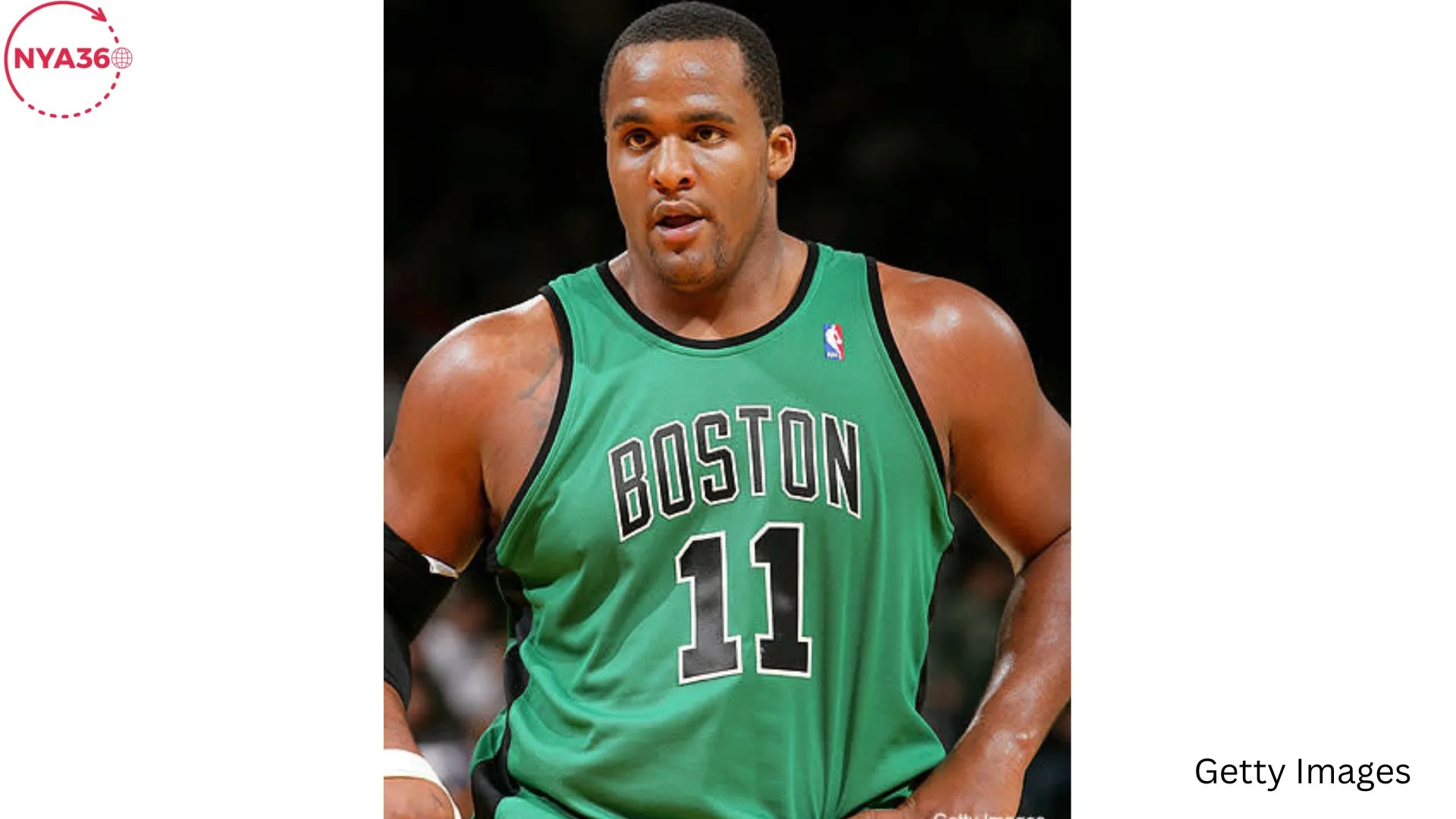A scandal engulfed the illustrious realm of professional basketball when former Boston Celtics player Glen ‘Big Baby’ Davis was given a forty-month federal prison sentence for his participation in a complex insurance fraud scheme that targeted the NBA healthcare plan. The formerly renowned athlete is presently confronted with the sobering truth of incarceration as a result of his conviction for healthcare system fraud against the league.
Davis, renowned for his commanding stature during games, is presently confronted with an alternative type of obstacle in the form of the repercussions of his decisions. He engaged in a sophisticated conspiracy with multiple accomplices to capitalize on vulnerabilities in the NBA healthcare plan. As a result, they managed to defraud the organization of more than $5 million by submitting false or exaggerated invoices for dental and medical services that were not performed.
The full scope of Davis’s participation in the conspiracy became evident as the investigation revealed his submission of illegitimate assertions amounting to $132,000. The assertions, which were thoroughly verified using geolocation data and travel records, presented a discrediting account of intentional deceit and monetary exploitation.

The sentencing of Glen ‘Big Baby’ Davis is a poignant illustration of the extensive ramifications of white-collar crime, specifically in the context of professional athletics, where intense pressure and scrutiny are prevalent. Although athletes frequently garner admiration and privilege, they are not immune to the responsibilities associated with ethical behavior and legal compliance. This is exemplified by the expeditious and resolute legal proceedings initiated against Anthony Davis and his accomplices.
Davis must also fulfill a restitution obligation of $80,000 and serve a three-year supervised release period, in addition to his prison term. These conditions underscore the seriousness of his transgressions and the obligation to compensate the defrauded parties. The consequence of his deeds surpasses mundane monetary detriment; they tarnish his reputation and tarnish his legacy in the perceptions of both his admirers and fellow athletes.
The case underscores the necessity for professional sports organizations to implement strong supervision and accountability protocols, in addition to promoting increased vigilance and awareness to identify and avert fraudulent activities. In light of the repercussions stemming from this scandal, the NBA and other leagues may seize the chance to enforce more robust protocols and safeguards to protect the integrity of their healthcare systems and thwart future instances of exploitation.

Moreover, it is imperative that the sentencing of Glen ‘Big Baby’ Davis function as a didactic anecdote for aspiring athletes and sports professionals, underscoring the intrinsic perils and repercussions that accompany participation in unlawful or unethical conduct. Although attaining success on the court may result in notoriety and financial gain, the essence of a genuine champion remains in their integrity and character—attributes that must be maintained above all else.
As Glen ‘Big Baby’ Davis readies himself to begin his incarceration, the sports community contemplates the grim truth of his decline, which serves as a poignant illustration of the precarious nature of notoriety and the dangers associated with yielding to avarice and allure. There is cause for optimism and rejuvenation in the aftermath of this scandal, as both the implicated individuals and institutions endeavor to gain insight from their errors and emerge more robust and forgiving when confronted with challenges.
Follow us on social media: Instagram, Threads & twitter X @nya360_ YouTube & Facebook @nya360.





